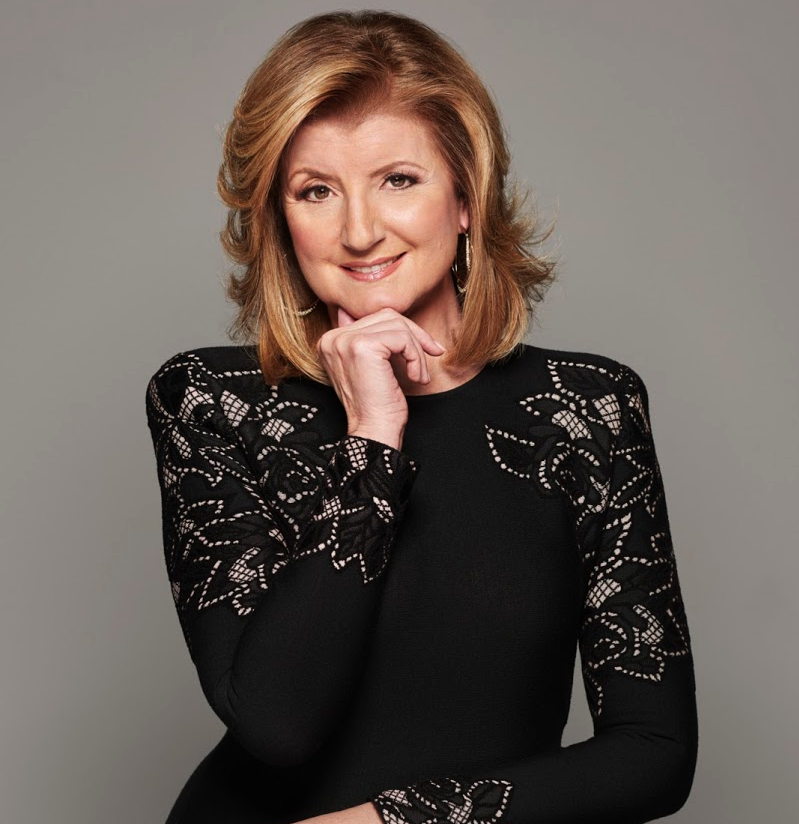Humans are social creatures. We’re products of our environment. So it’s no surprise that how we think about ourselves is heavily influenced by what we see around us. And that includes media images and, especially, our digital world. That’s why I’m so happy to announce that we’ve partnered with Pantene to promote more thoughtful technology — and a healthier relationship with technology — through a tool called S.H.E. – Search. Human. Equalizer. It’s a Chrome extension that creates a more balanced search experience on the web.
For instance, right now, if you search for terms like “greatest engineer,” “famous leader,” or “best journalist,” you won’t see a lot of images that include women. And there are racial imbalances, too. If you search for “beautiful hair,” you’re very likely to see images of white women with straight hair. That’s what S.H.E. is all about: making what we find when we search online better reflect our society and our possibilities.
“As a leading brand for women, we see the accomplishments and transformations women achieve daily, but the reality is in some ways female-led transformations are not always visible. In fact, some of the most accomplished women aren’t even visible in something we do over 3.5 billion times per day: Search. That’s exactly why we created S.H.E,” said Ilaria Resta, Vice President of Hair Care for North America at Procter & Gamble. “But this is also personal for me. I’m a mother of a young daughter, who frequently uses search to do her homework and seek knowledge about the world she lives in. I’m personally determined to help make a small difference in the life of my daughter – and millions of young girls like her – so that they can see themselves and female accomplishments fairly represented in search results.”
For decades Pantene has been committed to giving women the tools to be their best selves, tap into their confidence and authenticity and unlock their greatest potential. And that’s not easy when the world is undermining women by bombarding them with messages that write them out of the picture.
We know that cultural imagery not only makes a difference in how we feel about ourselves, but that the negative effects fall more heavily on women. According to one study, 83 percent of women say they’re dissatisfied with how their bodies look (vs. 74 percent of men). And nearly 90 percent of women compare themselves to media imagery, with half of them saying they don’t compare favorably. Researchers also found that women are more likely to become less confident about their bodies over time than men. And among women, the biggest influence in how they feel about their bodies was social media. For men it was their significant other.
So, clearly, how women see themselves reflected makes a difference in how they see themselves. That makes a difference in their confidence, in their mental well-being, in their willingness to take risks, and in their ability to make the most of their talents and realize their full potential. So many things, both seen and unseen, affect our confidence and willingness to live our full lives. And our environment can amplify that voice of self-doubt and negativity that I call “the obnoxious roommate living in our heads.” The first step to quieting that voice is to understand all the sources that might be fueling it.
Technology has a huge role to play. The algorithms that produce search results aren’t magic – they’re made by humans. They simply reflect the biases, both explicit and implicit, of our society. But we can’t fix a problem until we acknowledge it. And then we can begin to build technology that can be used to enhance our humanity instead of diminish it.
At Thrive Global, we’re big believers in the science of Microsteps – the idea that the best way to make big changes is to start with a few small steps. And small changes in the images women see of themselves and their possibilities can make a lasting impact, especially on the next generation that will be searching for their own role in society.
So let’s take the bias out of search. Install the S.H.E. extension, available right now only on Chrome, by visiting shetransforms.us. And when you do, you’ll be helping improve the search experience for everyone – since every time you click on an unbiased result, the algorithm will learn, evolve and get better. And in turn, so will we.
Subscribe here for my Weekly Thoughts Newsletter, where you’ll find my take on the week’s news, my favorite pieces on how we can thrive even in our stressful world, and some fun and inspiring extras.


